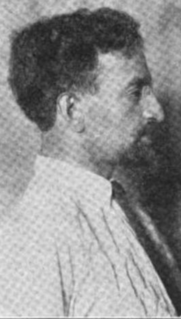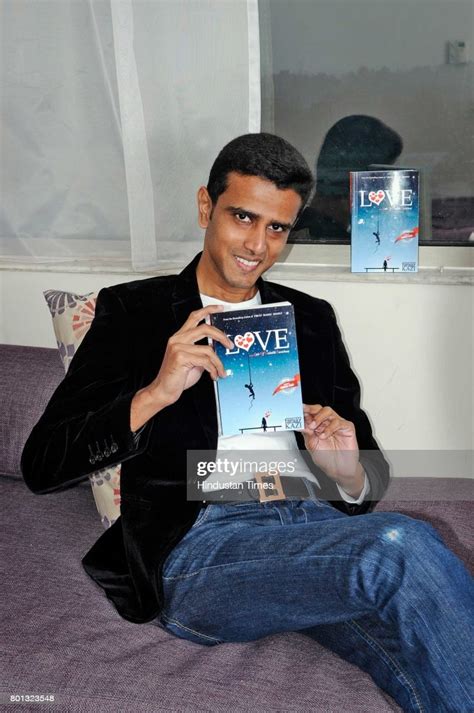A Quote by Jonathan Franzen
It offended his sense of himself, because he was an individual from an age of individuals, and a string of lights was, like him, an individual thing. No matter how little the thing had cost, to throw it away was to deny its value.
Related Quotes
The individual (no matter how well-meaning he might be, no matter how much strength he might have, if only he would use it) does not have the passion to rip himself away from either the coils of Reflection or the seductive ambiguities of Reflection; nor do the surroundings and times have any events or passions, but rather provide a negative setting of a habit of reflection, which plays with some illusory project only to betray him in the end with a way out: it shows him that the most clever thing to do is nothing at all.
Freedom is necessary for two reasons. It's necessary for the individual, because the individual, no matter how good the society is, every individual has hopes, fears, ambitions, creative urges, that transcend the purposes of his society. Therefore we have a long history of freedom, where people try to extricate themselves from tyranny for the sake of art, for the sake of science, for the sake of religion, for the sake of the conscience of the individual - this freedom is necessary for the individual.
It is possible that an individual may be successful, largely because he conserves all his powers for individual achievement and does not put any of his energy into the training which will give him the ability to act with others. The individual acts promptly, and we are dazzled by his success while only dimly conscious of the inadequacy of his code.
Ingmar Bergman is a long way from me, but I admire him. He, too, concentrates a great deal on individuals; and although the individual is what interests him most, we are very far apart. His individuals are very different from mine; his problems are different from mine - but he's a great director. So is Fellini, for that matter.
The little individualist, recognizing his individual impotence, realizing that he did not possess within himself even the basis of a moral judgement against his big brother, began to change his point of view. He no longer hoped to right all things by his individual efforts. He turned to the law, to the government, to the state.
Society in its full sense ... is never an entity separable from the individuals who compose it. No individual can arrive even at the threshold of his potentialities without a culture in which he participates. Conversely, no civilization has in it any element which in the last analysis is not the contribution of an individual.
Often nothing keeps the pupil on the move but his faith in his teacher, whose mastery is now beginning to dawn on him .... How far the pupil will go is not the concern of the teacher and master. Hardly has he shown him the right way when he must let him go on alone. There is only one thing more he can do to help him endure his loneliness: he turns him away from himself, from the Master, by exhorting him to go further than he himself has done, and to "climb on the shoulders of his teacher."



































